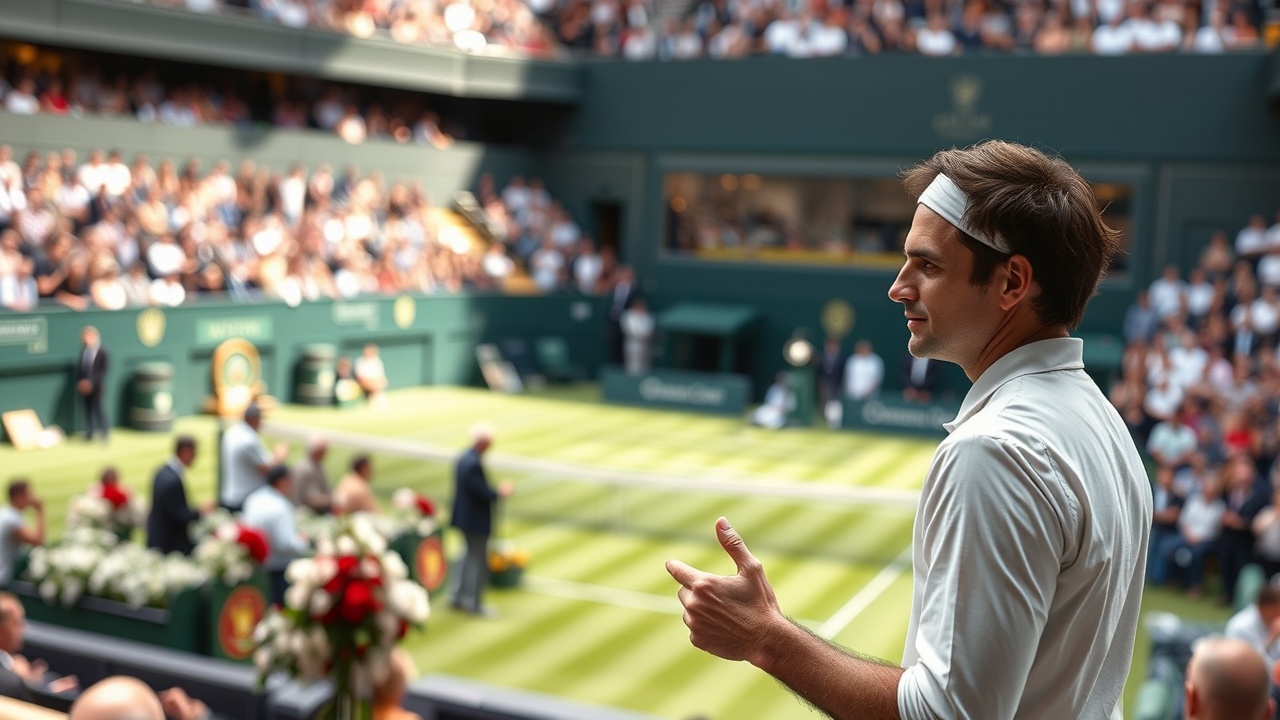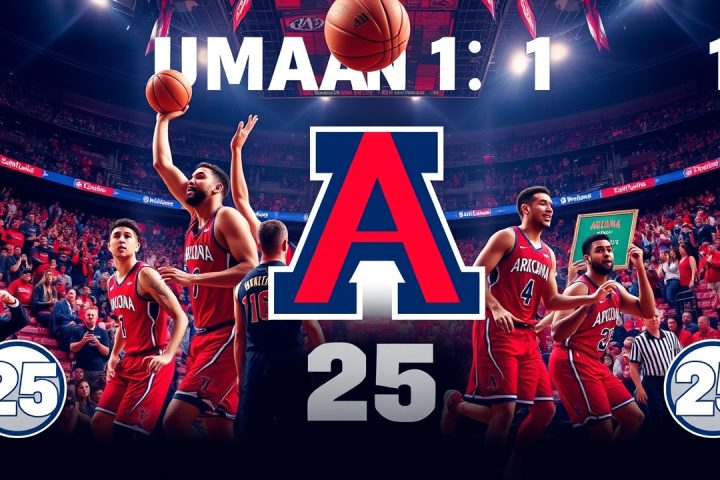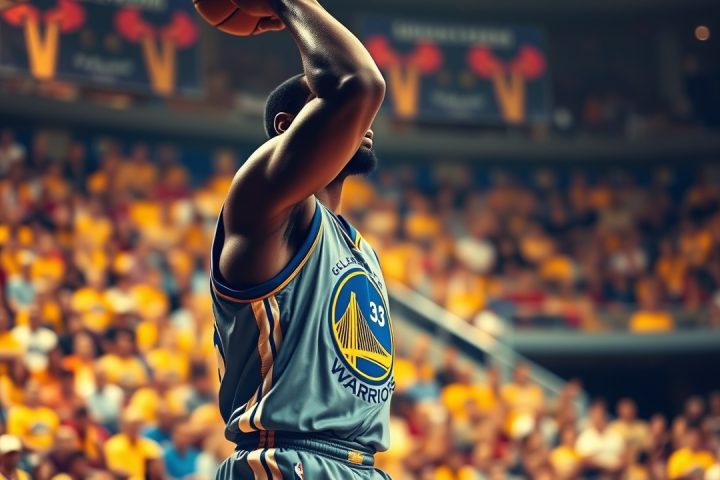Roger Federer’s Inspiring Commencement Speech at Dartmouth
Last June, Roger Federer captivated an audience during a rainy commencement ceremony at Dartmouth College in New Hampshire, where he shared insights from his extraordinary career in tennis. Over two decades, Federer became a titan in the sport, competing in 1,526 singles matches and securing victories in nearly 80 percent of them, along with a remarkable collection of 20 Grand Slam titles, including a record eight Wimbledon championships.
Lessons from a Champion
At the ceremony, Federer posed an intriguing question:
“What do you think my winning percentage of points was throughout my career?”
After a brief pause, he revealed it was only 54 percent, a figure that surprised many and challenged the notion of dominance in sports. Federer emphasized that losing almost half of the points forced him to adopt a crucial mindset: viewing setbacks, such as double faults, as mere blips on the radar rather than setbacks. He told graduates,
“When you’re playing a point, it has to be the most important thing in the world, but when it’s behind you, it’s behind you.”
This perspective resonated widely, forging connections with individuals from all walks of life.
Federer’s address came at a time when the commencement speech format has evolved, with athletes joining traditional speakers like politicians and entrepreneurs. This shift has seen notable figures such as Derek Jeter and Simone Biles take the podium. Yet, Federer’s delivery stood out for its sincerity, likened to iconic speeches by figures like Steve Jobs. His words spread across social media, prompting discussions around discipline, resilience, and life lessons drawn from his experiences on the court.
Crafting a Meaningful Message
His speech was not only a tribute to Dartmouth, motivated by personal connections, including his agent’s ties to the institution, but also carefully crafted, taking six months to prepare. Federer aimed to impart three specific lessons, which he humorously dubbed his “tennis lessons.”
The first focused on hard work rather than innate talent:
“It’s not about having a gift; it’s about having grit.”
Through careful storytelling and a deliberate choice of language, he highlighted the importance of consistent effort in making even the most challenging tasks appear effortless.
Federer’s second lesson drew from the emotional weight of losing a crucial match against Rafael Nadal in the iconic 2008 Wimbledon final. Despite his best efforts, he ultimately lost. This experience reinforced his belief in moving past failures:
“You can work harder than you thought possible and still lose. Perfection is impossible.”
He encouraged the graduates to focus energy on what lies ahead rather than dwelling on losses.
Moreover, he emphasized that small margins could yield significant outcomes — a theme applicable to various facets of life, including business and personal ventures. To illustrate, he shared insights from sports statistics, noting how even champions can lose more points than they win while remaining successful overall.
Embracing the Journey
Cohesively linking to the audience’s anxieties about their futures, Federer’s final lesson celebrated exploration and joy. He recounted a pivotal moment when he moved away from home at the age of 14, illustrating how tennis allowed him to experience the world while reminding graduates that their lives would be enriched by adventures beyond their profession.
Concluding with a real tennis lesson, Federer displayed his skill through a brief demonstration of proper grip and footwork techniques, blending personal anecdotes with practical advice. His playful approach reinforced an important message: life, much like sports, requires fun and engagement, urging graduates not to forget the joy in their pursuits.
In the rain, with genuine warmth and charisma, Federer transformed a traditional graduation speech into a profound life lesson filled with wisdom and inspiration that resonates far beyond the confines of a tennis court.




